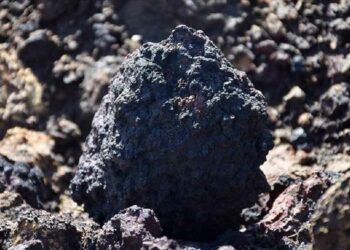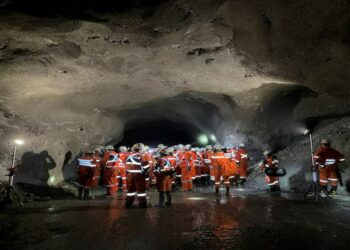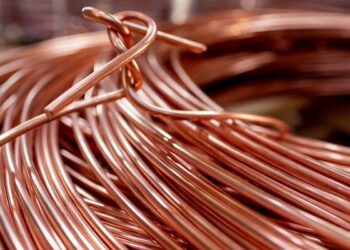Krause and his team, which includes archaeobotanists and a large number of students from Goethe University, have been researching in the area for 15 years.
German researchers have detected traces of mining activity in Central Europe dating back to the Bronze Age, which resumed later in the early Middle Ages.
Using the C14 method, which classifies the age of underground prospecting on the basis of decreasing radioactivity in carbon-based material, the group of scientists from Goethe University in Frankfurt believe that people were mining in Austria’s Central Alps in the middle Bronze Age.
The academic world had so far not considered that Bronze Age mining in the Montafon area could be possible.
According to the team leader, Professor Rüdiger Krause of the Institute of Archaeological Sciences, the academic world had so far not considered that Bronze Age mining in the Montafon area could be possible.
“What significance our new site in Montafon had in the context of Bronze Age copper supply in the Alps will be seen when we examine it further,” he said in a statement.
Krause and his team, which includes archaeobotanists and a large number of students from Goethe University, have been researching for 15 years in the Montafon region, which lies in the Central Alps in the south of the Austrian federal state of Vorarlberg.
The objective has been to explore early settlement history and early mining in this unique inner-Alpine “settlement chamber” with Bronze Age and Iron Age settlements and Bronze Age castle buildings with stone walls up to three metres thick.
Excavations in the newly discovered mining area are due to commence next summer.








